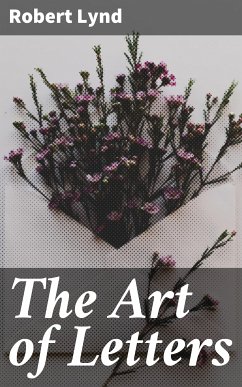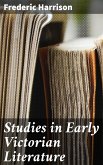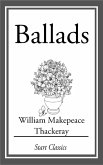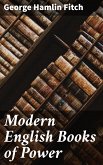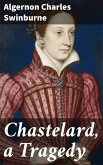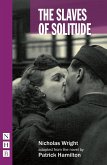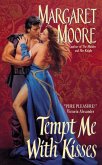In "The Art of Letters," Robert Lynd presents a profound exploration of the epistolary form, weaving together personal reflections, literary criticism, and a celebration of language. The book is characterized by its rich, eloquent prose style, reflecting Lynd's deft handling of words and his keen insights into the significance of letters throughout history. By contextualizing letters as both art and artifact, Lynd elevates correspondence to a literary genre worthy of scholarly attention, encouraging readers to appreciate the nuances of communication that shape human connection and culture. Robert Lynd, an influential Irish writer and critic, was well-versed in the power of the written word. His background in journalism and essays laid a robust foundation for this work, allowing him to analyze the interplay of personal experience and universal themes within letters. Lynd's life experiences and profound respect for the literary tradition inform his argument that letters are not merely utilitarian but are, in fact, gateways to understanding human emotions and intellectual exchanges. "The Art of Letters" is a compelling read for both literary enthusiasts and casual readers alike. Lynd's insightful observations invite readers to reflect on their own correspondence, while the book serves as a reminder of the enduring value of authentic written expression in an increasingly digital world. This work is essential for anyone seeking a deeper appreciation of how letters have shaped our cultural landscape.
Dieser Download kann aus rechtlichen Gründen nur mit Rechnungsadresse in A, B, BG, CY, CZ, D, DK, EW, FIN, F, GR, H, IRL, I, LT, L, LR, M, NL, PL, P, R, S, SLO, SK ausgeliefert werden.

